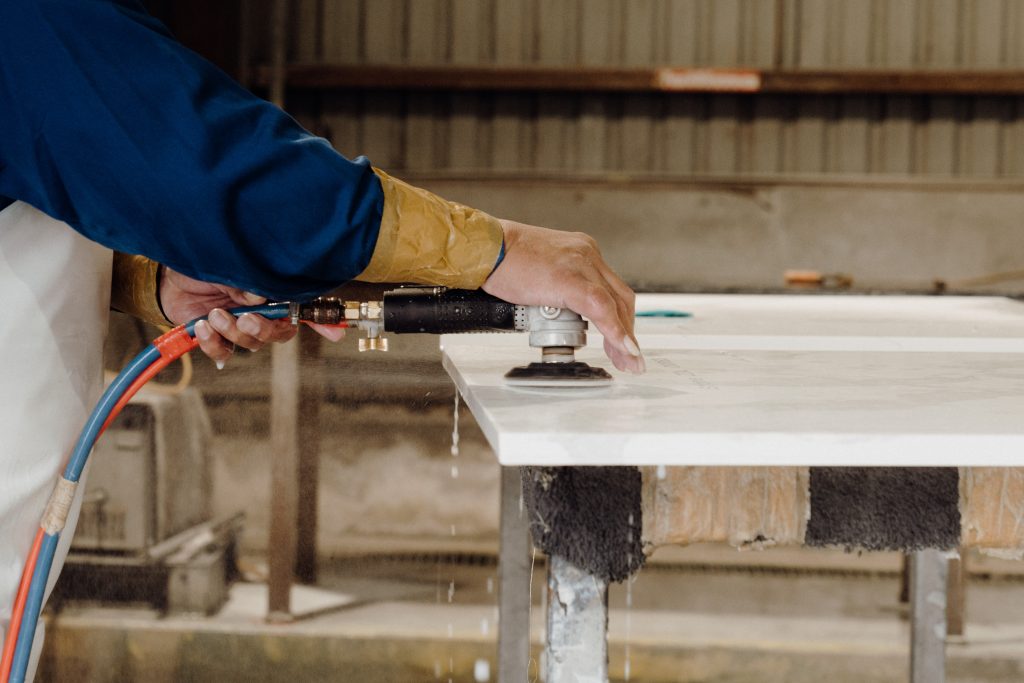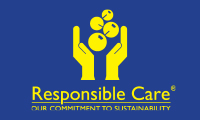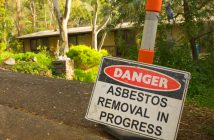In its ongoing fight against silicosis, New Zealand’s largest and only national stone benchtop fabricator is banning engineered stone that contains more than 40 percent silica

AGB Stone will phase out high-silica slabs and cease working with suppliers who cannot meet the company’s standards, calling on the rest of the industry to follow suit.
Owners Cam and Christine Paranthoiene see themselves as long-time advocates for safe work practices, having introduced proprietary processes, invested millions of dollars in state-of-the-art machinery and being early adopters of wet-cutting and air monitoring as a safeguard against the potentially-fatal lung disease silicosis.
“We want to protect our staff, our customers and our industry. It’s the right thing to do,” Cam Paranthoiene, says.
“It is the single most effective and easiest thing that any fabricator can do to step change the risk of silicosis. We now have a viable alternative, so it’s time everyone in the industry made the change.
“You cannot have health and safety and professionalism, and be the cheapest. You will always get cheaper but at what cost? We feel this is so important that we are prepared to take a hit to our business (losing customers who want a lower priced product) in order to make this happen.”
The scale of the danger of silicosis from dust emitted when stone is dry cut or polished was not fully known in the industry until 2019.
The New Zealand Engineered Stone Advisory Group (NZESAG), supported by ACC and WorkSafe was established in June 2019 to ensure the safe practice guidelines for stone fabricators with AGB instrumental in setting up those standards.
AGB had previously conducted rigorous air testing to validate the effectiveness of its dust management practices. The results were less than 50 percent of the acceptable Workplace Exposure Standard (WES) for any industry. This validation reinforced AGB’s commitment to exceed minimum requirements.
WorkSafe issued 113 notices to 64 businesses that year, including 21 prohibition notices and 71 improvement notices. The following year that rose to 166 notices to 75 businesses – however there were only three prohibitions, but 115 improvement notices. ACC has received 140 claims for assessment since September 2020. There have been no reported deaths in New Zealand.
The Australian government is investigating a total ban on engineered stone following a 2021 report that claimed one in four stonemasons or joiners working with fabricated stone before 2018 had been diagnosed with silicosis.
Paranthoiene feels a total ban is an excessive and unnecessary move – if using low-silica product with proper processes in place.
AGB has created a low-silica engineered stone offering fabricated using NZESAG RCS (Respirable Crystalline Silica) Accredited methods.
“Silica levels in standard engineered stone are around 90 percent. Insisting on no more than 40 percent silica with robust safety processes will offer peace of mind.”
Christchurch’s Joinery Scene co-owner Richard Hill applauds the ban on high-silica stone.
“It is great to see a company leading the industry with this silica management plan. We feel the customer will have a better and safer product if it was to be modified in their home at some point, they can also feel at ease knowing that their top has been produced in the safest possible environment. That’s a win-win situation.”
A spokesperson for the national company Misco Joinery says the AGB directive would ultimately lead to a safer work environment.
“We want to be working with suppliers that take the health and safety of its workforce seriously. Misco supports AGB and its approach towards using safer fabrication techniques and low-silica products. It is great to see AGB front-footing responsible manufacturing. For them to take a stand shows real leadership in the industry – which we fully support.”
In April, the New Zealand Council of Trade Unions urged the Government to protect workers exposed to hazardous material in engineered stone, emphasising that terminal illnesses such as lung cancer, silicosis and other autoimmune diseases are preventable if proper action is taken.
In a statement earlier this month, Workplace Relations and Safety Minister Carmel Sepuloni said WorkSafe would revisit high-risk businesses, and if there were problems “use all enforcement actions available, including investigation and considering prosecution where it is warranted”.
WorkSafe estimates 60,000 engineered stone slabs are imported each year, and there are believed to be approximately 130 businesses that fabricate them into benchtops for kitchens, bathrooms and commercial premises.
“AGB is in a unique position, as it services all parts of New Zealand,” Paranthoiene says.
“We can use that reach to influence fabricators and suppliers across the country to follow suit.”







